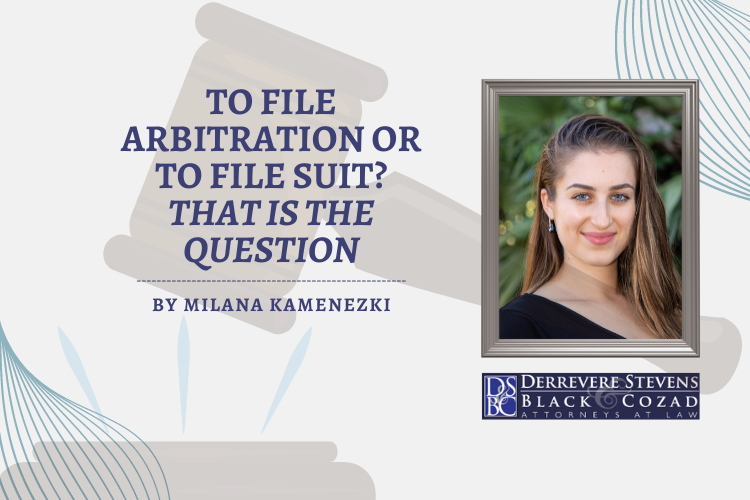Attorney Hillarie Miller Successfully Obtains Final Summary Judgement for Subcontractor Client

All Seasons Developers v. Thornton Construction Residential v. Access Builders, et. al.
This action arose out of the construction of four townhomes in Bay Harbor Islands (the “Project”). The Owner/Developer entered a Prime Contract with the General Contractor, who subsequently entered various contracts with numerous Subcontractors, including the Client. During the course of the Project, the relationship between the Owner/Developer and the General Contractor began to deteriorate, resulting in the Owner/Developer terminating the General Contractor from the Project. Pursuant to the terms of the Prime Contract, upon termination, the General Contractor was required to assign its Subcontracts to the Owner/Developer, who had the option to accept the assignments. The Prime Contract was silent as to how exactly the assignments were to occur.
Four days after it was terminated from the Project, the General Contractor sent the Client a certified letter titled “Notice of Assignment of Subcontract Agreement to Owner.” The letter explained that the General Contractor had been terminated from the Project and that the Owner/Developer had elected to take assignment of the Subcontracts. For its part, the Owner/Developer invited the Subcontractors back to work on the Project under their assigned subcontracts. There were no written documents executed by the General Contractor and the Owner/Developer formalizing the assignment of the Subcontracts.
Subsequently, the Owner/Developer brought a lawsuit against the General Contractor and several Subcontractors alleging numerous construction defects, among other things. In turn, the General Contractor filed crossclaims against the Subcontractors, including the Client, for Breach of Contract and Contractual Indemnification.
Final Summary Judgment was sought against the General Contractor’s crossclaim on the basis that under Florida law, once a contract has been assigned, the assignor no longer has standing to bring claims for breach of contract or to enforce the terms of the contract. See Lauren Kyle Holdings, Inc. v. Heath-Peterson Constr. Corp., 864 So.2d 55 (Fla. 5th DCA 2003). The General Contractor argued that because there was no formal document, the assignment of the Subcontracts was incomplete and invalid. However, the Court found that an assignment did, in fact, occur and that there is no requirement under Florida law that an assignment be in writing or meet specific standards of formality to be valid. See Mangum v. Susser, 764 So.2d 653, 655 (Fla. 1st DCA 2000). Rather, in determining whether an assignment has taken place, a court should evaluate whether there was an intention of one party to assign the contract and an intention of the other to receive the assignment. See Giles v. Sun Bank, N.A., 450 So.2d 258 (Fla. 5th DCA 1984). The General Contractor’s letter notifying the Client of the assignment was evidence of its intent to assign the subcontract and the Owner/Developer’s subsequent invitation to the Client to return to the Project was evidence of its intent to accept the assignment.
The General Contractor further argued that, despite the assignment of the Subcontracts, it retained the right to enforce the Indemnification Clause in the Subcontract. The Court rejected this argument, finding that the General Contractor no longer had standing to enforce any term of the Subcontract following the assignment to the Owner/Developer. An assignment is a voluntary transfer of all rights or interests under a contract. See Great Lakes Reinsurance (U.K.) PLC v. Branam, 126 So.3d 297, 301 (Fla. 3d DCA 2013). Accordingly, Final Summary Judgment was entered in favor of the Client, foreclosing all claims brought against the Client by the General Contractor.


